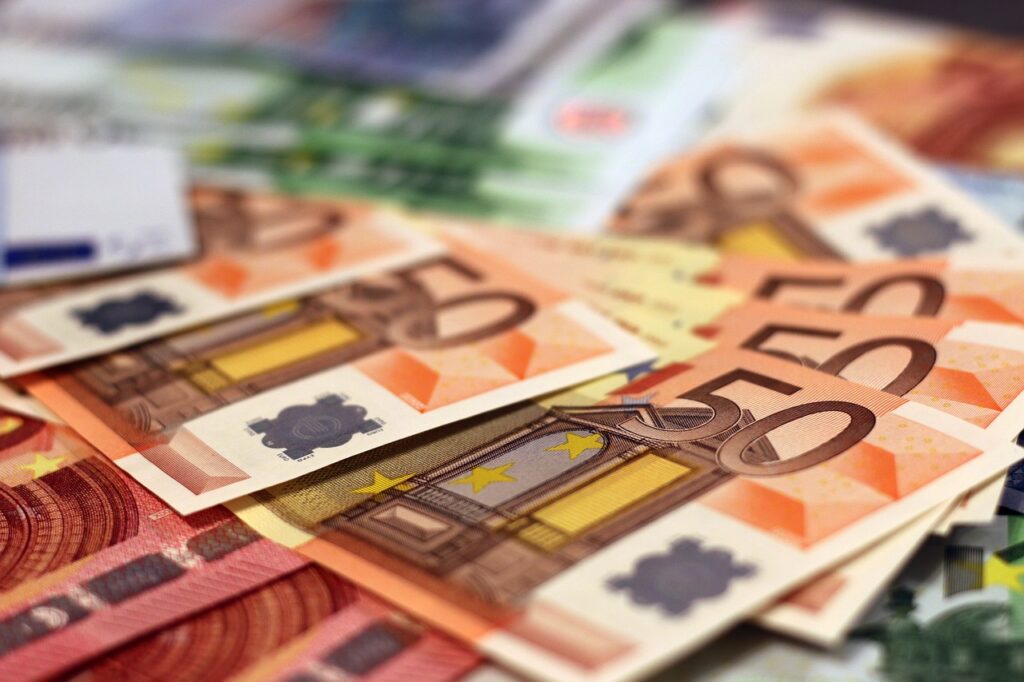The European Commission’s recent allocation of €115m for the establishment of 43 new hydrogen refuelling stations (HRSs) across seven EU countries marks a step towards advancing zero-emission mobility in the region.
While Poland emerges as the largest beneficiary with €77.2m allocated for 21 new HRSs, other countries such as France, Spain, Finland, Denmark, Greece, and Slovenia also receive funding for additional stations. Despite this distribution, it’s essential to evaluate the potential impact of these stations on each country’s hydrogen infrastructure development.
The funding, sourced from the Alternative Fuels Infrastructure Facility (AFIF) under the EU’s Connecting Europe Facility (CEF), aims to support European transport infrastructure. Besides financing HRSs, a portion of the funds will be utilized for building electrolysers to supply hydrogen fuel, highlighting a multi-faceted approach towards zero-emission mobility.
EU transport commissioner Adina Vălean highlights the significant progress made since 2021, with over €1.3bn granted for various projects, including electric recharging points, hydrogen refuelling stations, and airport electrification. This reflection underscores the EU’s commitment to fostering sustainable transport solutions.
Cinea director Paloma Aba Garrote emphasizes the increasing interest in hydrogen and electric charging infrastructure, evident from the successful outcomes of the recent call for proposals. However, while the enthusiasm for alternative fuels is promising, it’s crucial to ensure that these investments translate into tangible advancements in zero-emission transport.
